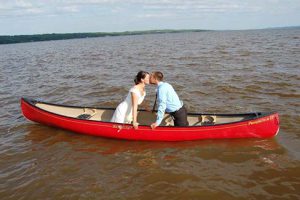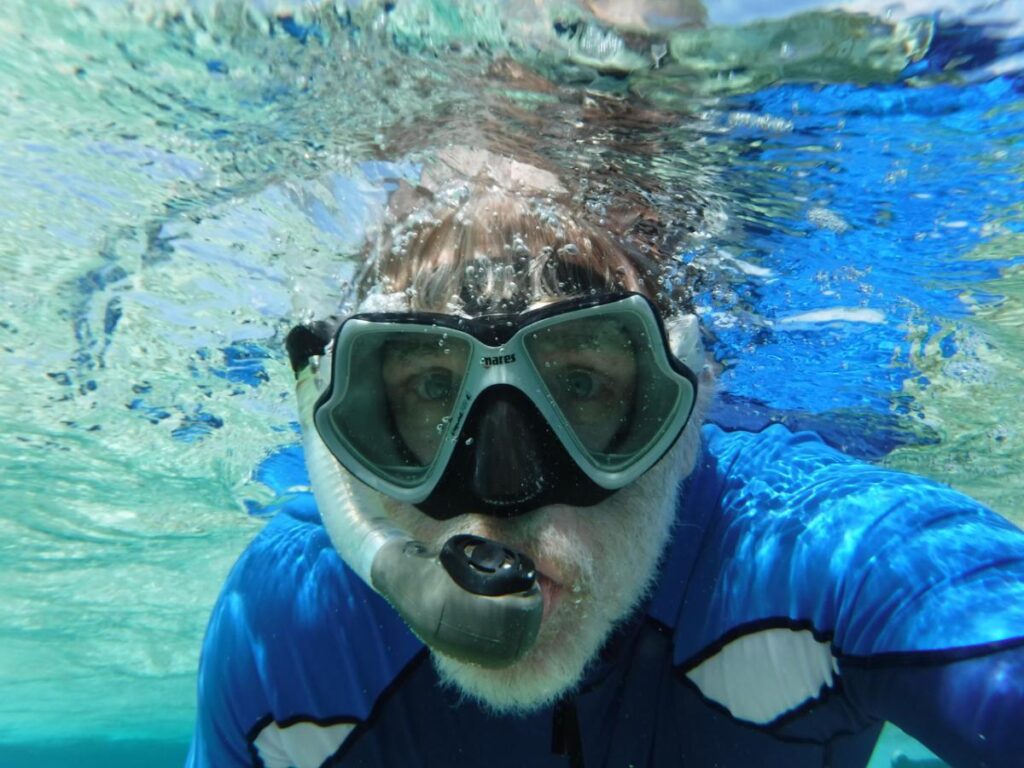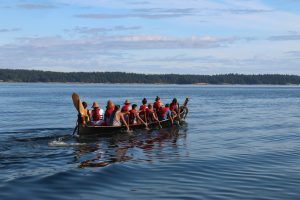
History
Canoe love
Canadian Canoe Museum explores the link between paddling and romance
- 1530 words
- 7 minutes
Exploration
Explorer and “canoe evangelist” James Raffan reflects on the symbolic importance of the canoe to Canada and his most recent expedition in the Marshall Islands

James Raffan has a long and impressive resume, but if you were to boil it down to a couple of words, you might describe him as a canoe evangelist.
“If you want to learn about this country called Canada, you need to have facility in a canoe,” he says. “The kayak, the umiak, the big dugouts on the west coast are this incredible portal into the essence of the nation.”
Using the canoe as his portal, the Guelph, Ont. native has studied this nation, and especially the far north and its people, as a journalist and professor at Queen’s University. His documentaries have aired on the CBC, National Geographic and the Discovery Channel. His bestselling books have included Fire in the Bones, the biography of Canadian canoeing icon Bill Mason, and Emperor of the North, about Sir George Simpson, the legendary 19th century Hudson’s Bay Company governor. He’s also chronicled his own adventures, such as circumnavigating the globe by following the Arctic Circle.
“If you want to learn about this country called Canada, you need to have facility in a canoe.”
He’s a Fellow of The Royal Canadian Geographical Society and the Explorers Club, a former chair of the Arctic Institute, and a recipient of the RCGS’ Camsell Medal and the Queen Elizabeth II Diamond Jubilee Medal.
“If I were ever reborn — and I think I probably was — it was through an awareness that the canoe is a vessel of discovery,” says Raffan.
He’s just returned from a month spent sailing around the Marshall Islands in the western Pacific Ocean in Micronesian canoes — long, twin-hulled vessels with triangular sails. The journey was part of a mapping expedition for a planned atlas of the Marshall Islands, led by Canadian geographer Danko Taboroši. Raffan’s role, in part, was a mapping of the cultural impacts of climate change on these low-lying coral islands.
Raffan was struck by the parallels between the sparsely-populated Marshall Islands, which comprise about one per cent of a vast area of surrounding ocean, and Nunavut, with its 26 permanently inhabited communities spread across almost a million square kilometres of land. The peoples of both regions suffered tremendously under colonialism, and are now looking for ways to reclaim their cultures, languages and traditions, particularly among youth. In the Marshall Islands, those efforts largely centre around the canoe.
“It’s not really about canoes; it’s about getting young people to appreciate who they are in the face of the juggernaut of an American culture that comes to them in so many different ways,” says Raffan.
Are you passionate about Canadian geography?
You can support Canadian Geographic in 3 ways:

History
Canadian Canoe Museum explores the link between paddling and romance

People & Culture
James Raffan finds beauty in a place where one in 10 children will not graduate high school

People & Culture
Part of our Colour the Trails series

People & Culture
For my father and me, these journeys are both personal and political